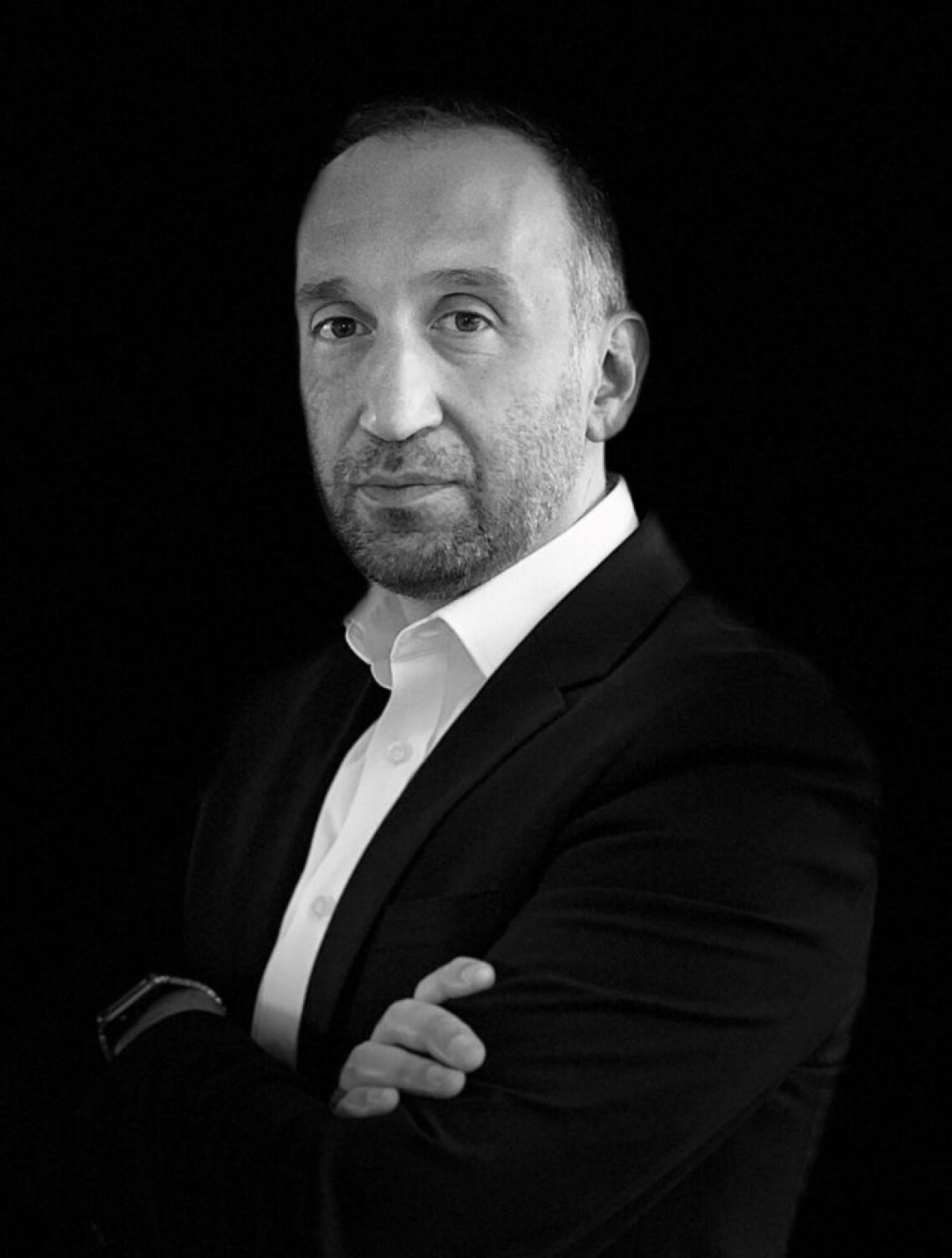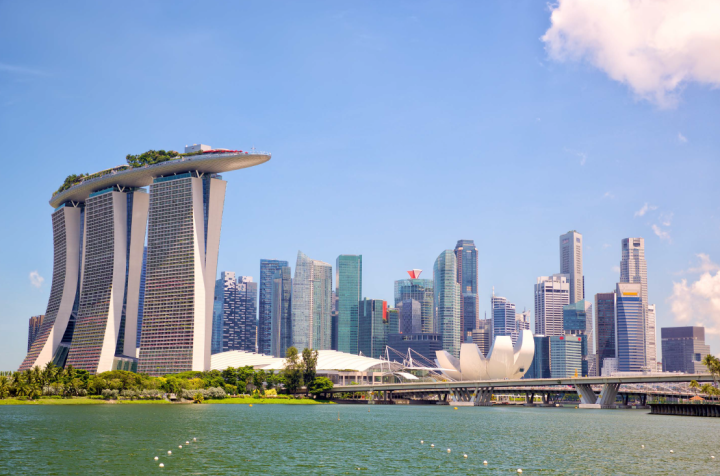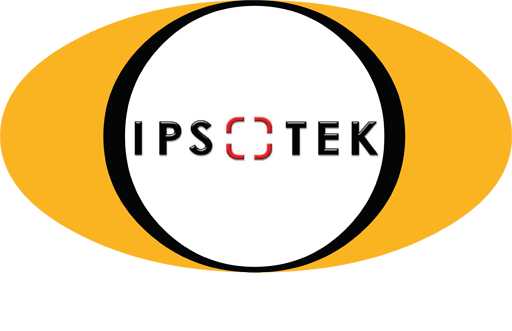Surveillance AI software brand Ipsotek was recently acquired by Eviden, (an organisation formed after Atos sold off a number of tech foundations to consolidate its offering to become a a “high-growth leader in the digital, cloud, cybersecurity and advanced computing markets with cutting-edge innovation and technologies”. In this interview we catch up with Ipsotek CTO and co-founder Dr. Boghos Boghossian to find out how the development will impact Ipsotek and its customers moving forward.
Ipsotek is now an Eviden business, what does this mean to your customers and stakeholders?
BB: Only great things! The acquisition has been amazing for Ipsotek on many fronts. R&D grew immediately to include teams within Eviden distributed around the world who are now working closely with our R&D to bring new and enhanced capabilities to the market. Our route to market expanded to include countries and regions that we did not have the capacity to serve locally and the Eviden sales teams have accelerated Ipsotek’s reach to include their existing and new clients by adding the Computer Vision Platform to their solutions portfolio.
Another benefit for Ipsotek is being able to access the Eviden PSIRT security response team who assist us to identify vulnerabilities and fixes as they are exposed to the wider security community. This includes access to the Eviden penetration testing and QA teams to enable faster and more thorough VISuite validation. Last but not least, Ipsotek product development is now cloud native and compatible with hyperscaler services, which has opened doors with new channels partners from hyperscalers through to telcos who have identified Computer Vision as number one application for monetising 5G.
Many technologies now involve some sort of Artificial Intelligence tagged around their name. How are the Ipsotek solutions now powered by AI?
BB. While AI is an exciting and very capable technology, it unfortunately does not answer all computer vision needs. Ipsotek have maintained their long-standing computer vision capabilities that are based on more traditional Video Analytics Technology and enhanced this with AI information. This approach helped us to address a wide range of requirements out of the box through configurations rather than needing to develop a new AI model for every new client. So 20+ VA algorithms working closely with 12+ AI models, fused with our patented sophisticated scenario based rule engine is how we brought AI into computer vision. Other advantages from this approach include efficient use of the underlaying hardware acceleration based on NVIDIA GPU’s, ease of deployment by using 80+ preconfigured use cases for any number of cameras, automatic calibration and scene segmentation and guaranteed high performance even in highly crowded environment.
While Ipsotek continues to improve and expand its AI capabilities, ethics and responsibility are at the heart of every decision made from data collection, model training and deployment of the use cases to ensure a non-biased approach to our AI model development.
Where do you see Ipsotek in three years’ time, do you think the threat landscape and therefore the requirements users have will change dramatically given the shift in crime patterns we’re seeing?
BB: Ipsotek continues to be highly innovative, and with the advances in hardware acceleration platforms, the development of a new capability will take less time to develop and deploy. . Hosting these new capabilities on a flexible end to end platform that offers our partners and end clients the capability to alter and create new scenarios is one of our foundations that makes Ipsotek’s solutions future proof. . Sensor fusion and multi spectrum big data analyses is very exciting technology, and is one of the ways to stop, or even predict crime. Combining IoT,physical world information and other disparate sources of data, supports clearer, faster decisions, which can save lives. Ipsotek is playing a leading role in digitising the physical world by providing continuous rich metadata. Advanced anomaly detection and behaviour predictions based on big data analyses are the types of technologies that we predict will lead to shifts in crime patterns.
What role is Ipsotek playing in reshaping our future cities?
BB: Ipsotek’s forward-thinking advancements in video analytics and computer vision are set to revolutionise cities, ushering in an era where innovation and transformation join forces. Imagine traffic moving seamlessly, guided by real-time pattern analysis that reduces congestion and the environmental impact. Envision safer walkable urban areas, supported by algorithms for a healthier, and more connected lifestyle. In crucial moments, the technology can provide essential support, aiding emergency responses with precision and efficiency. Urban governance can evolve as our data-driven insights inform planning, resource allocation, and making our spaces safer and smarter. We envision a future where cities are empowered by innovation, creating responsive, harmonious living environments for everyone.
Original interview published on Security on Screen



